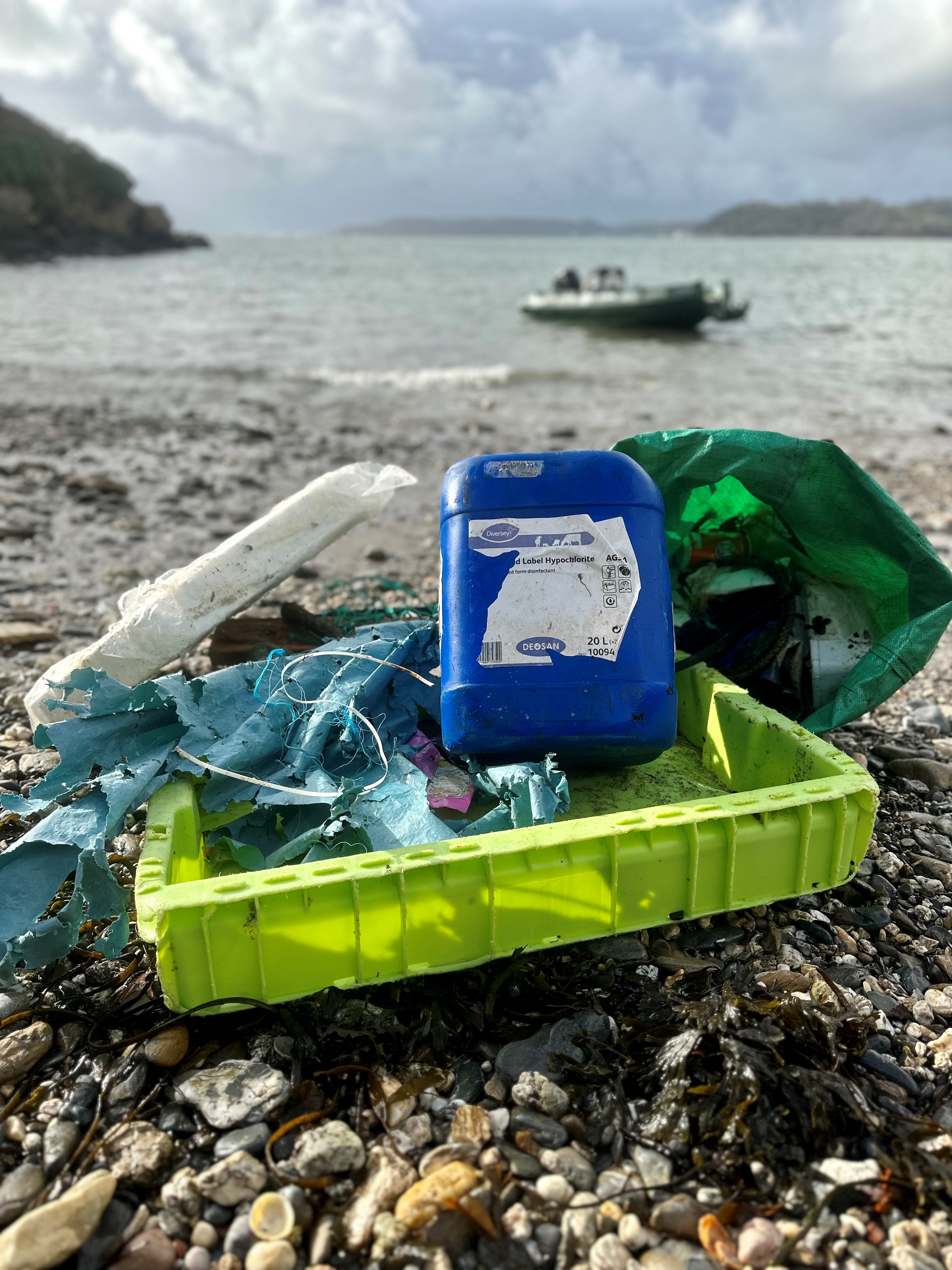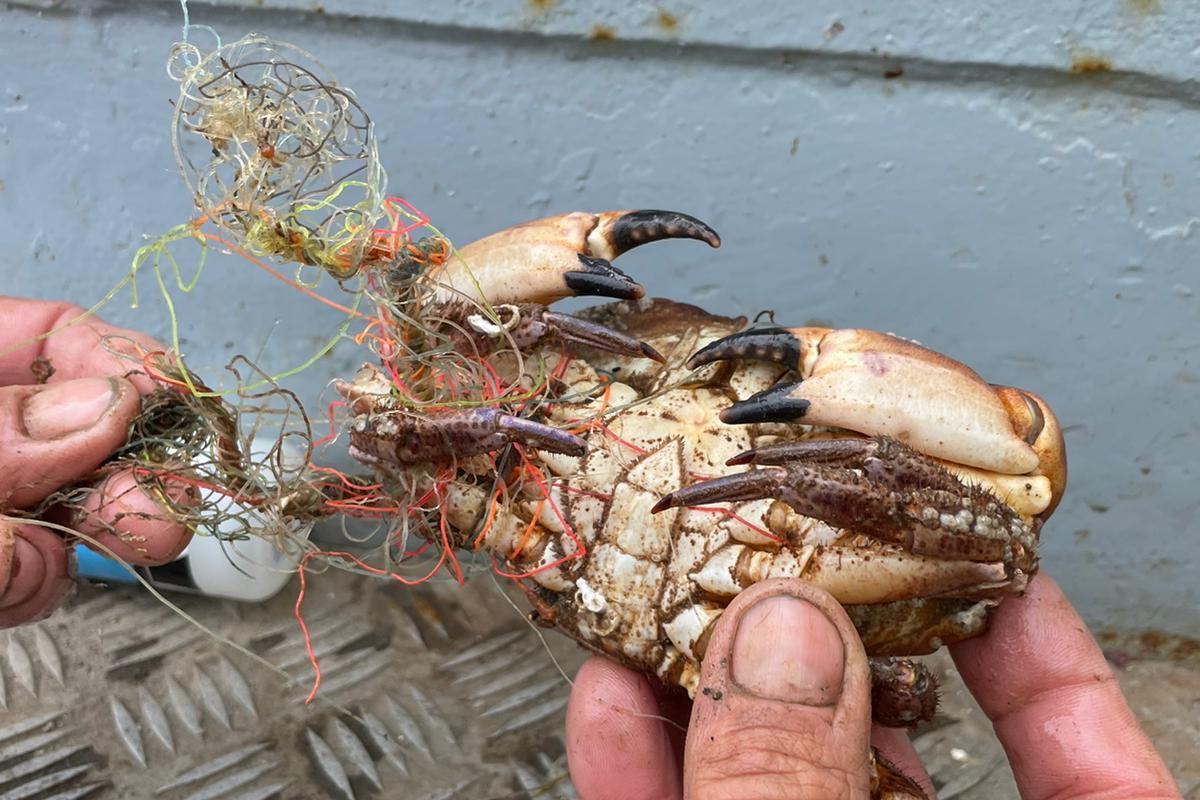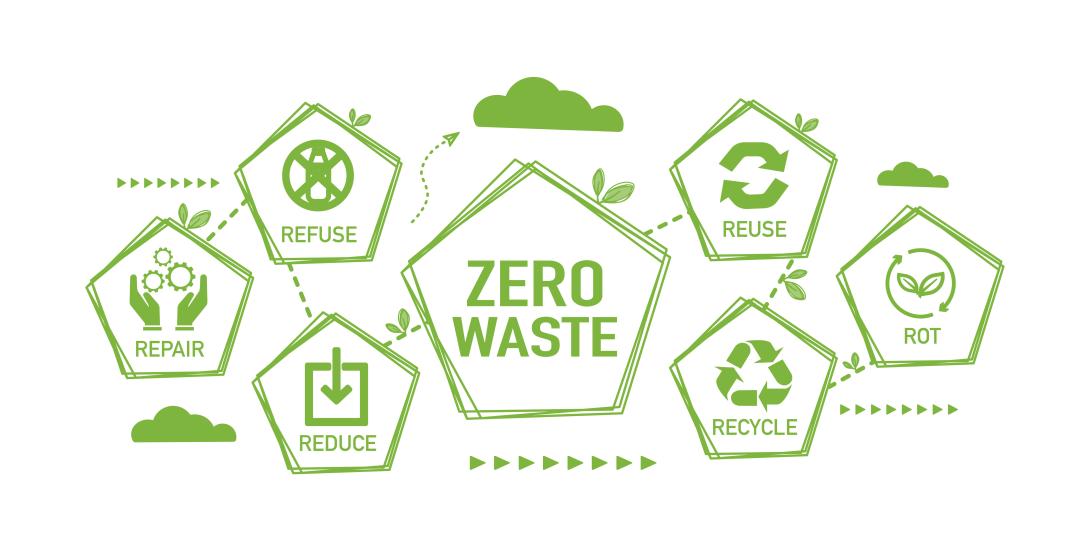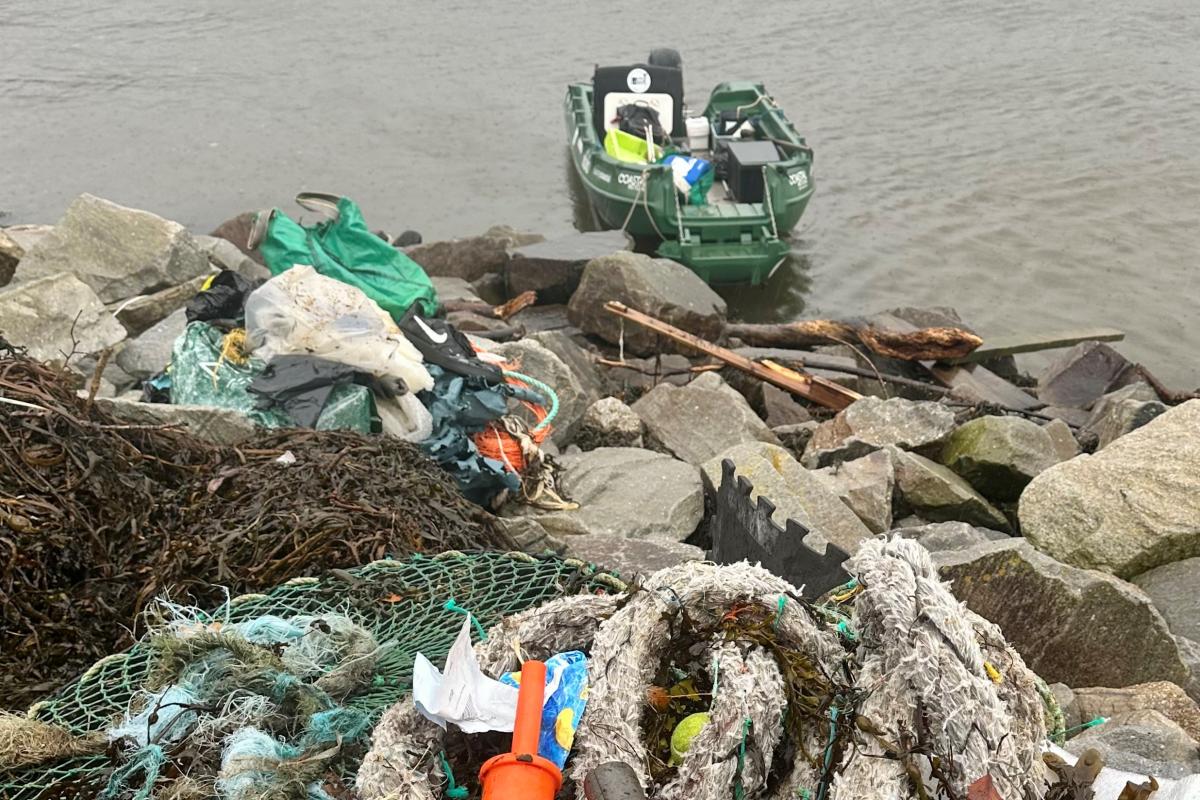
Marine Litter, Debris and Plastics
Around 80% of marine litter comes directly from land-based sources, mostly as a result of poor waste management, lack of recycling, and street litter that is blown into waterways or transported via storm drains. Marine debris can also come from lost angling line and tackle, industrial spills at sea, and loss of commercial fishing gear. Wherever it comes from, marine debris is a blight on the marine environment and can have fatal effects on marine life.
Marine Litter and Debris
Marine litter and debris have far-reaching impacts on marine life and environments:

Natural England are the statutory nature conservation advisory body responsible for the PSE MPA. With the aim that all protected features maintain at least ‘Favourable Conservation Status’
Entanglement: marine creatures can become entangled in debris such as fishing line and nets (also referred to as ‘ghost nets’), plastic ring can-holders and plastic bags, which can inhibit their ability to move, cause suffocation and injury, and sometimes even death.
Ingestion: many seabirds and other marine creatures have been found to have plastic and marine litter in their stomachs. Plastics can enter the food chain, and also block marine creatures’ digestive systems.
Smothering: plastic bags and the like can settle on the seabed, becoming entangled in corals and kelp and blocking light, and limiting oxygen and nutrient flow, all of which are vital for the survival of precious marine ecosystems and organisms.
Non-native species: marine debris can travel long distances, and non-native species can ‘hitch a ride’ from their native environments to new areas, where they can have negative impacts on local marine life.
What you can do at home
Reduce – choose goods with less packaging, use bags-for-life, avoid single use plastics, swap plastic bags for paper ones when buying your veggies.
Reuse – take a reusable coffee cup or water bottle when you’re out and about, use Tupperware for your packed lunch rather than sandwich bags or cling film.
Recycle – clean, sort and recycle your waste wherever possible
Refuse – say no to unnecessary plastic items, such as straws and bags.
Don’t flush it – disposable products like wet wipes aren’t ‘flushable’, despite what their packaging may say, and can cause some rather nasty effects if you flush them. If you must use them, bin them.

Keep up to date with recycling and what waste goes in what bin in Plymouth , Cornwall, South Hams and West Devon
What you can do at the coast

Take it with you – bag your rubbish / dog faeces and take it home or to the nearest public waste/recycling bin. Remember: if there isn’t a public waste bin, there won’t be a rubbish collection to take it away.
Mind the gulls – if bins are full, please take your rubbish home – seagulls will easily tear into plastic bags and scatter litter, which could find its way back to the shore or into their stomachs.
Be a clean beach champion – why not do your own mini beach/shore clean and pick up extra litter as you leave? Every piece you take away is another piece that isn’t going back into the sea and will no longer be a risk to wildlife. If you are doing a beach clean, take care and follow the #MiniBeachClean safety recommendations.
Hang on to your tackle! – don’t leave angling tackle or line behind. Avoid losing tackle or line through snagging and dispose of used hooks and line correctly. Use our Angling bins that can be find a popular fishing sites
Plastics
At least 8 million tonnes of plastics reach the oceans each year – a number which continues to grow, and it has been estimated that there will be more plastic than fish in the ocean by 2050. The durability of plastic means it lasts for a very long time in the marine environment and never fully degrades. It continually breaks down into smaller and smaller pieces, eventually becoming what is known as ‘microplastics’, and can be carried thousands of miles on the global ocean currents – plastics have even been found in the Arctic circle.
A 2015 study by the University of Plymouth showed that:
● at least 693 marine species are known to have come into contact with marine debris
● 92% of those encounters are with plastics
● 17% of the species affected were listed as threatened or above on the IUCN Red List
● at least 10% of species had ingested microplastics

Whilst plastic is very useful for many things, reducing the amount of unnecessary single-use plastics we use every day could have a huge impact on how much actually reaches our estuaries and oceans.
Plymouth’s Plan for Plastics
Taking action on single-use plastics across the city
Organisations across Plymouth are working together to tackle the issue of single use plastics and plastic pollution. The Plan for Plastics will guide a citywide effort to significantly reduce our use of single use plastics by 2020 and lead work to reduce plastic use to an absolute minimum by 2034. The Plan is being driven by Plymouth Britain’s Ocean City Task Force, with representatives from public bodies, environmental sector, voluntary sector, academia, industry and businesses.

